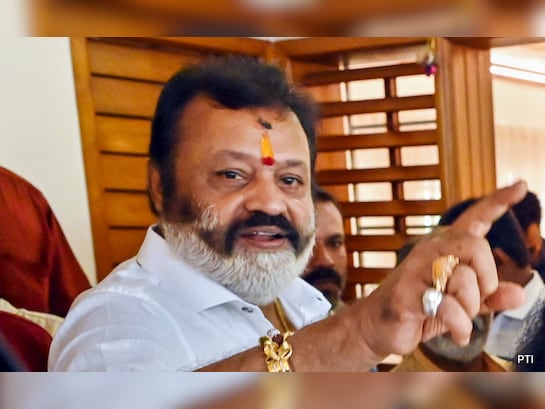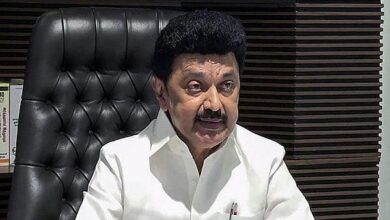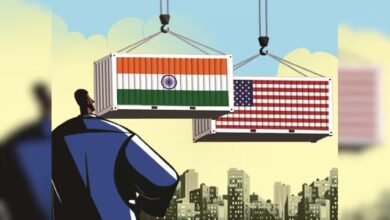
New Delhi, February 2, 2025 – Union Minister of State for Petroleum and Natural Gas Suresh Gopi has stirred a major controversy after stating that “upper caste individuals, particularly Brahmins, should handle the tribal affairs portfolio.” His remark, made during a public event on Sunday, triggered intense criticism from opposition parties, tribal groups, and social activists.
As outrage mounted, Gopi later issued a clarification, stating that his comment was misunderstood and that he meant administrators should have knowledge and experience in handling tribal welfare. However, his words have sparked a heated political debate across the country.
What Did Suresh Gopi Say?
During an interaction with reporters, Suresh Gopi remarked:
🗣️ “People from the upper castes, particularly Brahmins, should handle the tribal affairs portfolio because they have a better understanding of administration and governance.”
His statement was perceived as casteist and exclusionary, reinforcing age-old hierarchies rather than advocating for empowerment within the tribal community.
Immediate Backlash: Opposition and Activists React
📌 Congress leader Rahul Gandhi: “Such regressive remarks have no place in a modern democracy. Tribal affairs should be handled by those who understand the struggles of tribal communities, not by privileged elites.”
📌 Adivasi Rights Activist C.K. Jha: “This statement is deeply offensive. Tribal affairs should be led by tribals, not dictated by caste superiority.”
📌 BSP Chief Mayawati: “The BJP government’s true mindset is exposed once again. This is a deliberate attempt to undermine tribal representation.”
Social media was also flooded with criticism, with hashtags like #CasteBias #TribalRights #SureshGopiRemarks trending across platforms.
Minister Suresh Gopi’s Clarification
After severe backlash, Suresh Gopi issued a clarification, stating that his comments were taken out of context. In a written statement, he said:
🔹 “I did not mean to undermine the role of tribals in governance. My intention was to emphasize the need for knowledgeable and experienced administration to support tribal communities.”
🔹 “I deeply respect the contributions of tribal leaders and apologize if my words caused any misunderstanding.”
However, critics argue that the clarification does little to undo the damage, as the initial remark highlights an outdated and hierarchical view of governance.
Why Is This Controversial?
🔴 Violation of Tribal Rights: The statement contradicts the Indian government’s push for tribal empowerment and self-governance, as mandated by the Fifth and Sixth Schedules of the Indian Constitution.
🔴 Caste-Based Governance: The remark suggests upper castes should control tribal policies, which goes against the principles of democratic representation and inclusivity.
🔴 Political & Electoral Implications: With several states having significant tribal populations, including Jharkhand, Chhattisgarh, Madhya Pradesh, Odisha, and the Northeast, this controversy could affect upcoming Lok Sabha and state elections.
Demand for Apology & Possible Repercussions
Opposition parties have demanded a formal apology from the BJP and the Minister, stating that such remarks undermine India’s commitment to social justice.
🚨 Possible Consequences:
✔️ Political fallout for BJP in tribal-dominated states
✔️ Legal complaints under anti-discrimination laws
✔️ Protests from tribal and Dalit organizations
Conclusion: A Controversy That Won’t Fade Soon
Suresh Gopi’s remarks have reignited discussions on caste-based governance and tribal representation in India. While he has issued a clarification, the damage appears significant, with political opponents using it to question the BJP’s stance on tribal rights.
As the debate intensifies, the controversy highlights the ongoing challenges in ensuring fair representation and equality in governance, making it a key issue ahead of India’s next major elections.










